Different air filters remove different levels of particulates from the air. To standardize how filter efficiency is measured, the heating and air conditioning industry came up with a rating system.
It’s called MERV, which stands for “Minimum Efficiency Reporting Value.” This rating system was designed by the American Society of Heating, Refrigeration, and Air Conditioning Engineers (ASHRAE) so it would be possible to compare different filters, and give architects, maintenance professionals, and homeowners a simple way to understand filter performance.
MERV ratings range from 1-16. Higher MERV ratings remove a larger percentage of particles moving through the filter.
But remember—a high MERV rating isn’t always better. You should select a filter with a MERV rating matched to your HVAC system. If the filter’s MERV rating is higher than the system is designed for, the whole system has to work harder to pull air through the filter. So air flow and comfort could be diminished, energy consumption increases, and there’s unnecessary wear on the system.
So for most residential and commercial systems a filter with a MERV 8 rating provides a good balance of filtration and air flow. You’ll find that your indoor air is cleaner and your comfort level is high. This is why we only sell MERV 8 filters for home use.
We also believe that all MERV rated filters should be independently tested, with independent testing laboratories such as Blue Heaven Technologies or LMS Technologies. All Tellus Filters products are independently tested, and our results are on file, ready to be shared with any customers who ask. This is an extra service we provide so you can be confident in your choice of Tellus Filters.
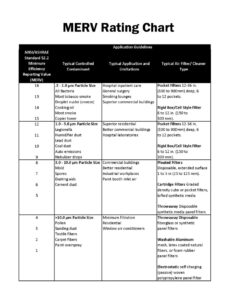
Please note: some big box retailers have their own filter rating systems. Lowes, for example, uses as system called “MPR,” while Home Depot uses “FPR” ratings. A MERV 8 rating is comparable to an MPR 600 or an FPR 5.
If you have questions about filter ratings, contact us here. We’re happy to help.
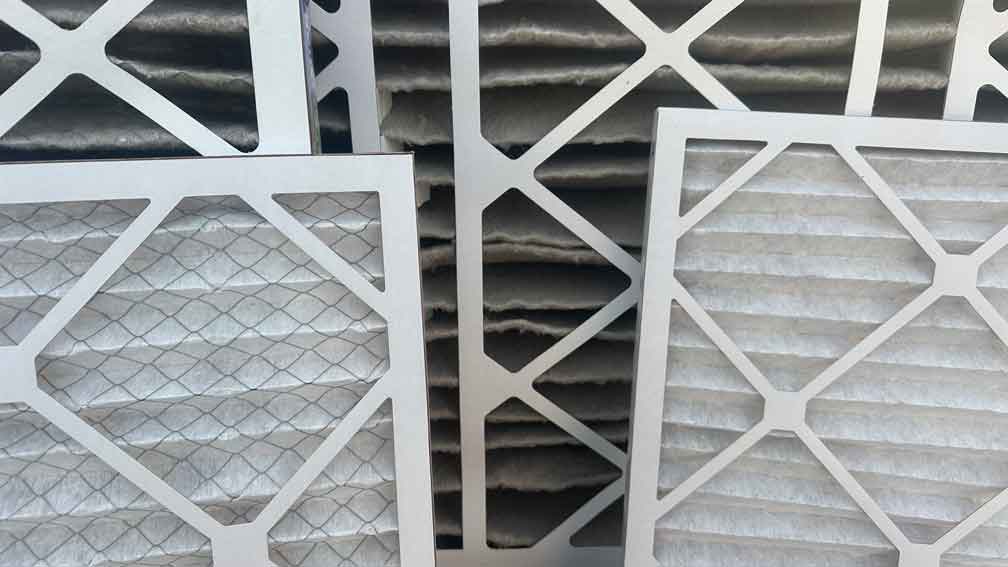
As the temperatures drop and the chilly winds start to blow, we all know that it’s time to fire up our heating systems. While we...
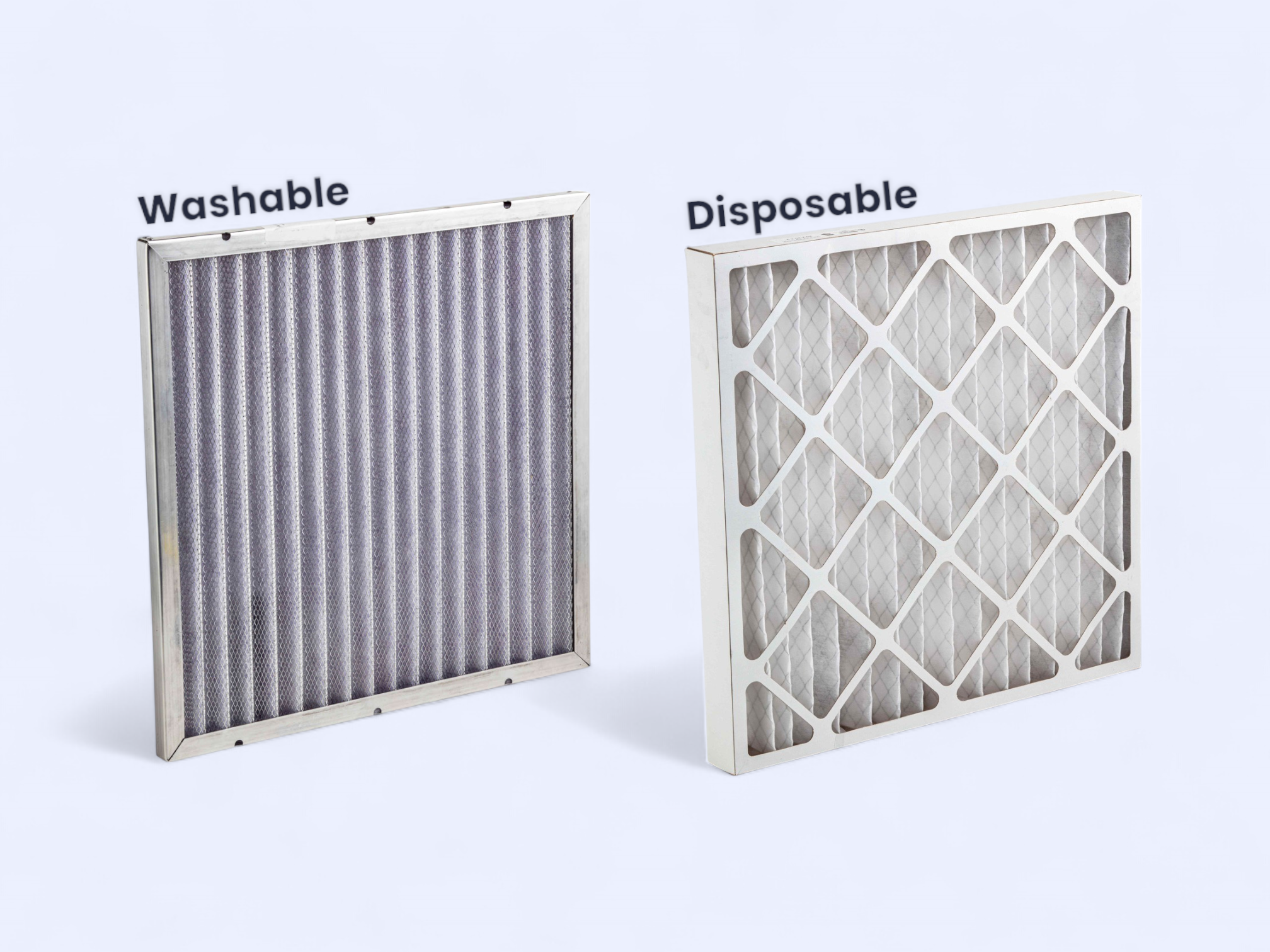
Why Choose Washable Air Filters Over Disposable Ones? Washable air filters offer a range of benefits that make them a smart choice over disposable filters,...
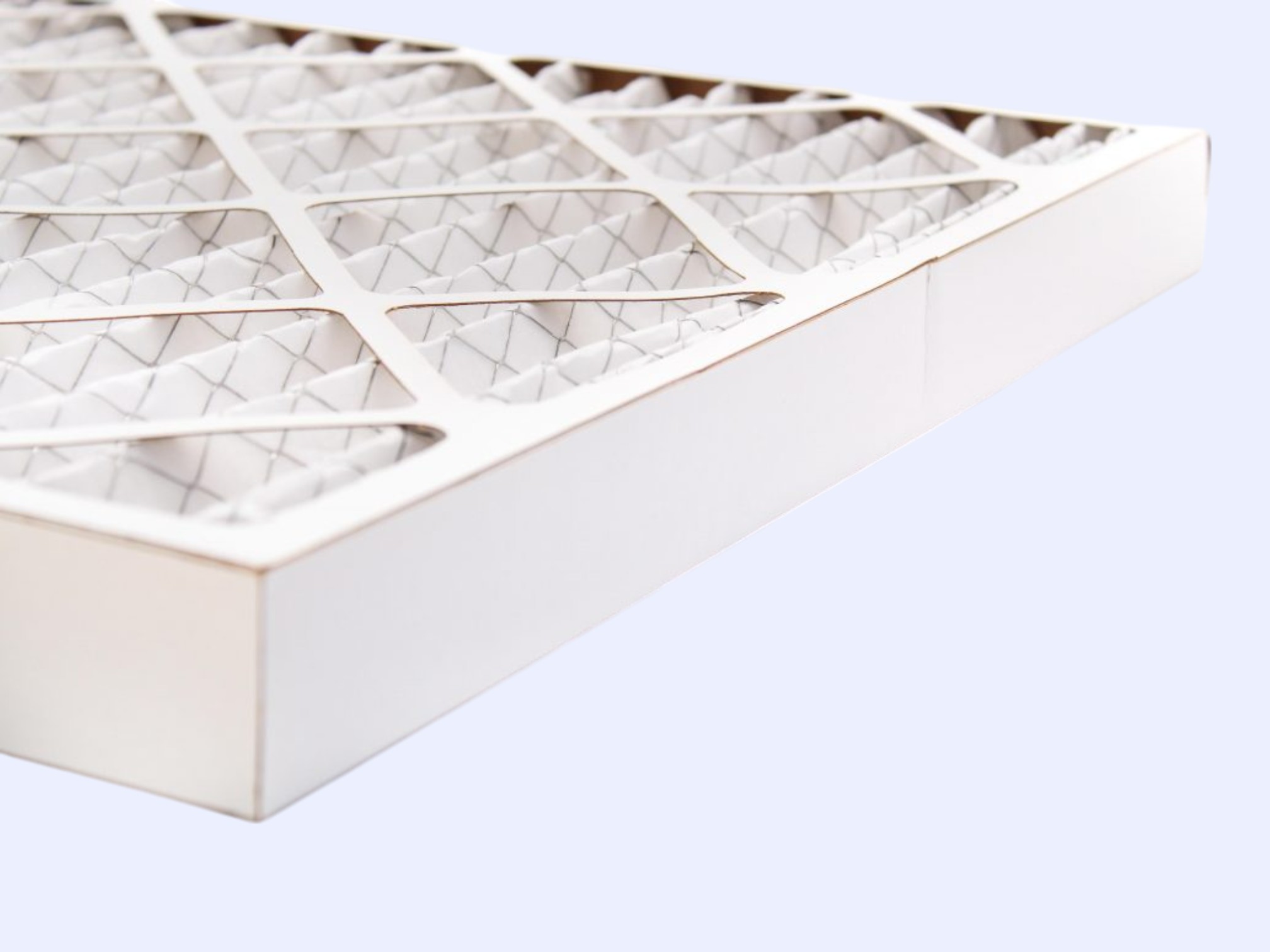
Changing your furnace filter regularly is one of the easiest and most effective ways to maintain both your home’s air quality and your heating system’s...
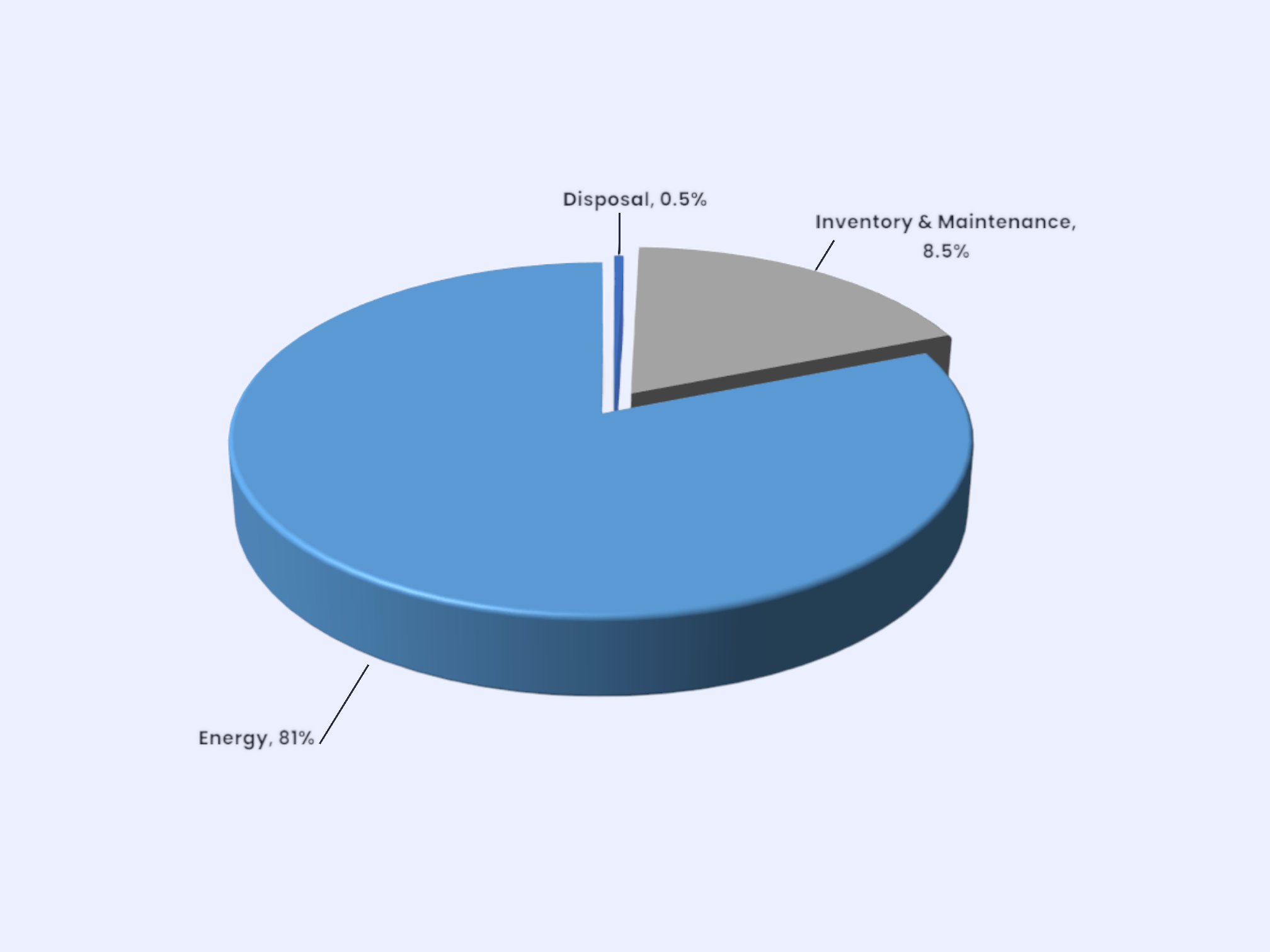
We have a lot of satisfied customers with our Mech 8 air filter. And a question we get frequently is “What makes the Infinite 8...
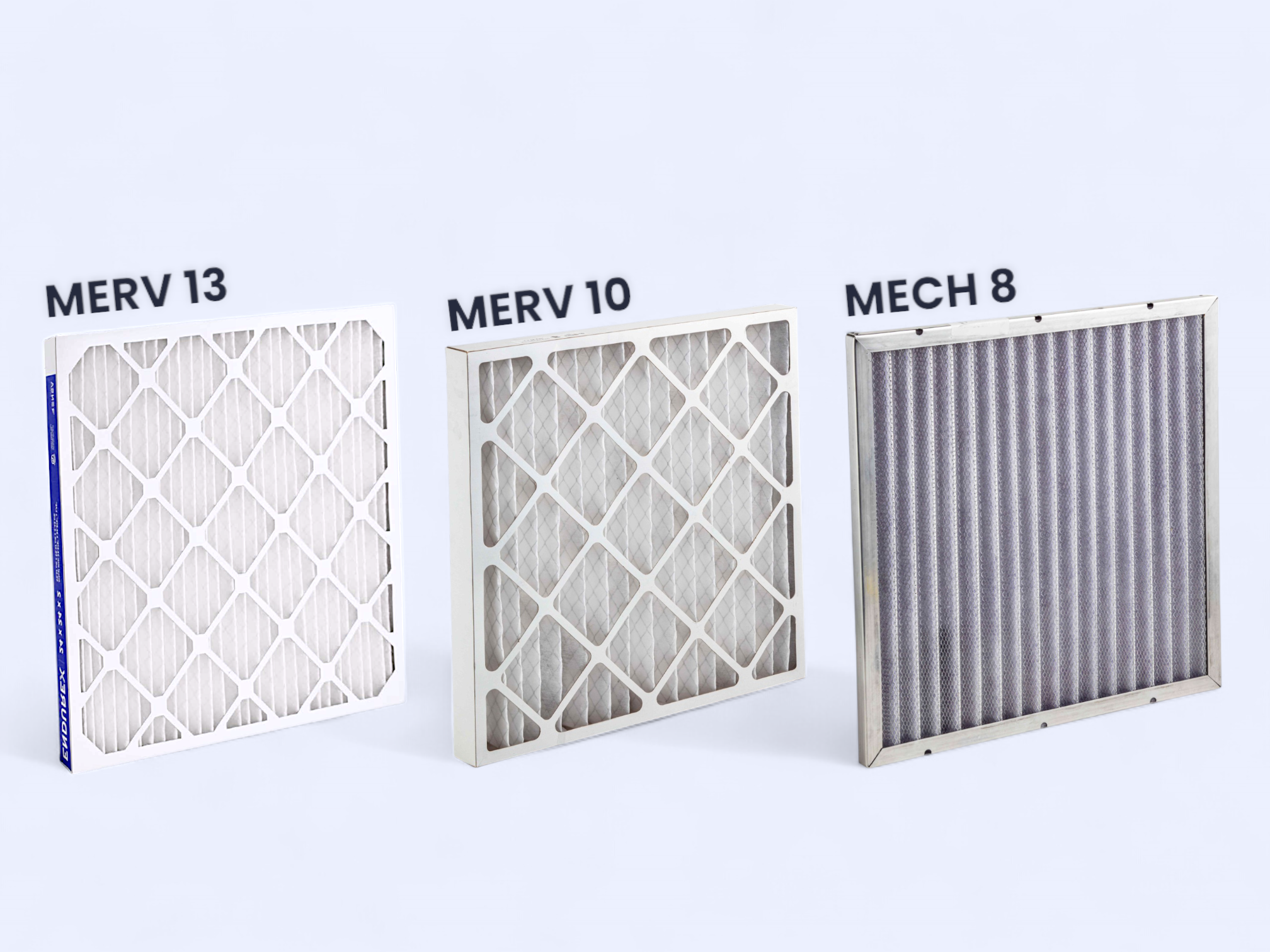
CDC (Centers for Disease Control and Prevention) has come out with a new recommendation of MERV 13 pleated filters in commercial buildings. Is this a...


© 2025 TellusFilters.com. All rights reserved.